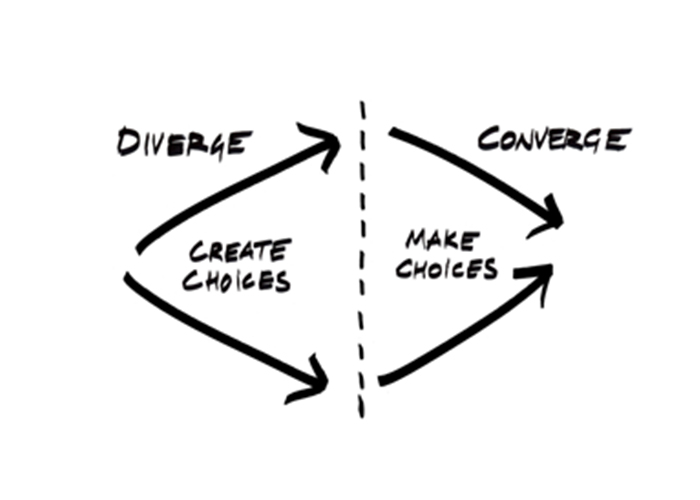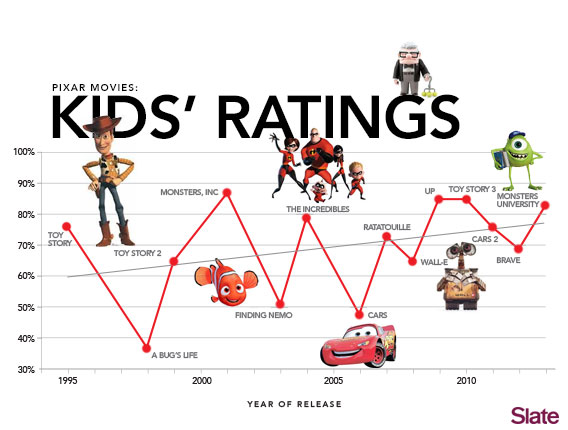Nothing Has Essentially Changed
If you read my blog, you know that I am a member of the Church of Jesus Christ of Latter-day Saints, LDS for short, or Mormons if you don't know who we are at all. If you follow any of the local news in Utah, you also know that there is an uproar in Salt Lake because of the Church's stance on homosexuality and how that affects marriage, the family, etc. If you don't know what I am talking about, watch the link below. It is a 10 minute clip from one of the leaders of our faith.
Understand that Salt Lake City (as of 2014 statistics) is home to the 7th largest LGBT population in the United States and of the six other cities that higher on the list, it is one of two metropolitan areas that also has a growing number. With this in mind, a group or a variety of group decided to send those new policy changes to mass media outlets who in turn put their own sensationalized twist to them. So how does that affect me or why am I writing about it?
I have a few different friends who either personally have homosexual attractions or have family members or close friends that have them. I love my friends. I think they are fantastic people. But like most of my friends, I don't agree that their lifestyle choices are the best. This includes my friends that drink or have premarital sex or gamble. There are lots of things that we all differ on but that doesn't mean I love them any less. It simply means that I won't have that in common with them or embrace that lifestyle personally. The way that the policy change and the aftermath of that has affected me is in a variety of different ways but it can be boiled down to something simple, some of my friends are confused, upset, and some have left our shared faith.
The reason I have stayed strong is because the policy "change" isn't a change at all. It was simply putting into writing the way we handle as leaders in our faith the new social changes that have come about when gay marriage became legal. Homosexual activity (not attraction) is still a sin and hence individuals who have a homosexual marriage cannot stay in the Church with good standing. And in situations where any children that have homosexual parents wishes to be baptized, they will be treated the same as children from a polygamist family or from an anti-family where the parents do not believe or follow or give permission for their children to be baptized into the faith.
So when I have friends who struggle with this idea or don't believe that our Church leadership is up to date or need to adapt to society, they are missing the point.
Our Church is lead not simply by men. It is lead by prophets and apostles who speak with God and Jesus Christ and receive their direction on how to lead and guide their children here on Earth today. God leads this church. God establishes His word. General conference is full of scripture spoken from the stand and not just a list of nice reminders and suggestions. So to be direct, their struggle is not with their testimony of God, the Atonement, or Jesus Christ. Their struggle of testimony is with modern-day prophets and their faith that God does continue to speak through his servants in our day. Or it may be with some other doctrine or principle of the gospel and this was simply the last straw, but in essence, how we choose to respond to the direction that God gives us through His prophets is up to us.
I have a few different friends who either personally have homosexual attractions or have family members or close friends that have them. I love my friends. I think they are fantastic people. But like most of my friends, I don't agree that their lifestyle choices are the best. This includes my friends that drink or have premarital sex or gamble. There are lots of things that we all differ on but that doesn't mean I love them any less. It simply means that I won't have that in common with them or embrace that lifestyle personally. The way that the policy change and the aftermath of that has affected me is in a variety of different ways but it can be boiled down to something simple, some of my friends are confused, upset, and some have left our shared faith.
The reason I have stayed strong is because the policy "change" isn't a change at all. It was simply putting into writing the way we handle as leaders in our faith the new social changes that have come about when gay marriage became legal. Homosexual activity (not attraction) is still a sin and hence individuals who have a homosexual marriage cannot stay in the Church with good standing. And in situations where any children that have homosexual parents wishes to be baptized, they will be treated the same as children from a polygamist family or from an anti-family where the parents do not believe or follow or give permission for their children to be baptized into the faith.
So when I have friends who struggle with this idea or don't believe that our Church leadership is up to date or need to adapt to society, they are missing the point.
Our Church is lead not simply by men. It is lead by prophets and apostles who speak with God and Jesus Christ and receive their direction on how to lead and guide their children here on Earth today. God leads this church. God establishes His word. General conference is full of scripture spoken from the stand and not just a list of nice reminders and suggestions. So to be direct, their struggle is not with their testimony of God, the Atonement, or Jesus Christ. Their struggle of testimony is with modern-day prophets and their faith that God does continue to speak through his servants in our day. Or it may be with some other doctrine or principle of the gospel and this was simply the last straw, but in essence, how we choose to respond to the direction that God gives us through His prophets is up to us.
Connection Between Agency and Knowledge
Agency is an interesting topic to begin with. Agency as our ability to choose between good and evil. Many people don't like to think about agency as being that black and white because life is full of so much gray and there are things that don't feel like they necessarily bring us any closer to God or Satan so how do we differentiate that. The other thing that a lot of people talk about is that how come people who supposedly sin appear to be so happy? It doesn't make sense.
Agency is choice. In order to have different choices, there has to be different options with a variety of outcomes or consequences. Knowledge is important because it helps us understand that with every choice, there are eventual outcomes associated with each of them. God and Satan both entice us to try to make choices that will turn that agency over to them. Both of which, think of our agency with our eternal destinies or long-term potential in mind. Satan lets us know that in the short-term, we can have pleasure, avoid pain, and fulfill a variety of our physical appetites. Satan is the great entertainer. He likes us to waste away our probation and limit or damn our eternal progression. His promises are very real but they are also very temporary. In the end, the promises we can have are damnation, captivity, and spiritual death so the devil hedges his bets by selling us on the short-term benefits instead.
God has let us know that long-term, his plan will provide us joy, freedom, happiness, and eternal life. The life of a disciple however is not easy. It will be painful and their will be a lot of growth. There is going to be tough times. These are all a part of the purifying and learning process we go through as we move from mortality into immortality and eternal life. But there is beauty along the way. There is happiness to be had. There is love to give and to be felt. You are not alone as you move through your probation here on Earth. That fact alone is a huge differentiation: YOU ARE NOT ALONE. Satan wants you to feel alone. The more you build and create habits of sin, the more you isolate yourself. The more you follow and keep the commandments, the more that God empowers you and strengthens you. He sends you His Spirit and angels to guide us. He wants you to become like He is. He wants to show you how to have all that He has. You are His child and you have divine potential.
We always have a choice. We can act or choose not to act. We can do whatever we choose to do but in every choice, we subject our will and our very being to the consequences of our actions. It is not easy to always know how that works. In my life and being raised in my family, we were taught to remember one thing: "As for me and my house, we will serve the Lord." We were given our agency but it is essentially the only thing we have to give back to the Lord. In fact, it is the only thing He asks. He wants us to choose Him, to follow Him, and if we give a perfect and complete effort, He promises that through grace and the Atonement of Jesus Christ we will gain eternal life, sealed as families throughout time and all eternity. Marriage and family are nothing unless God is a partner in that relationship as well.






